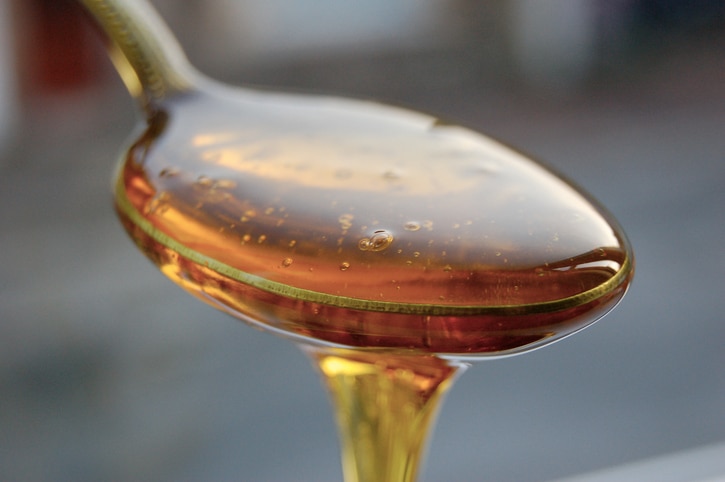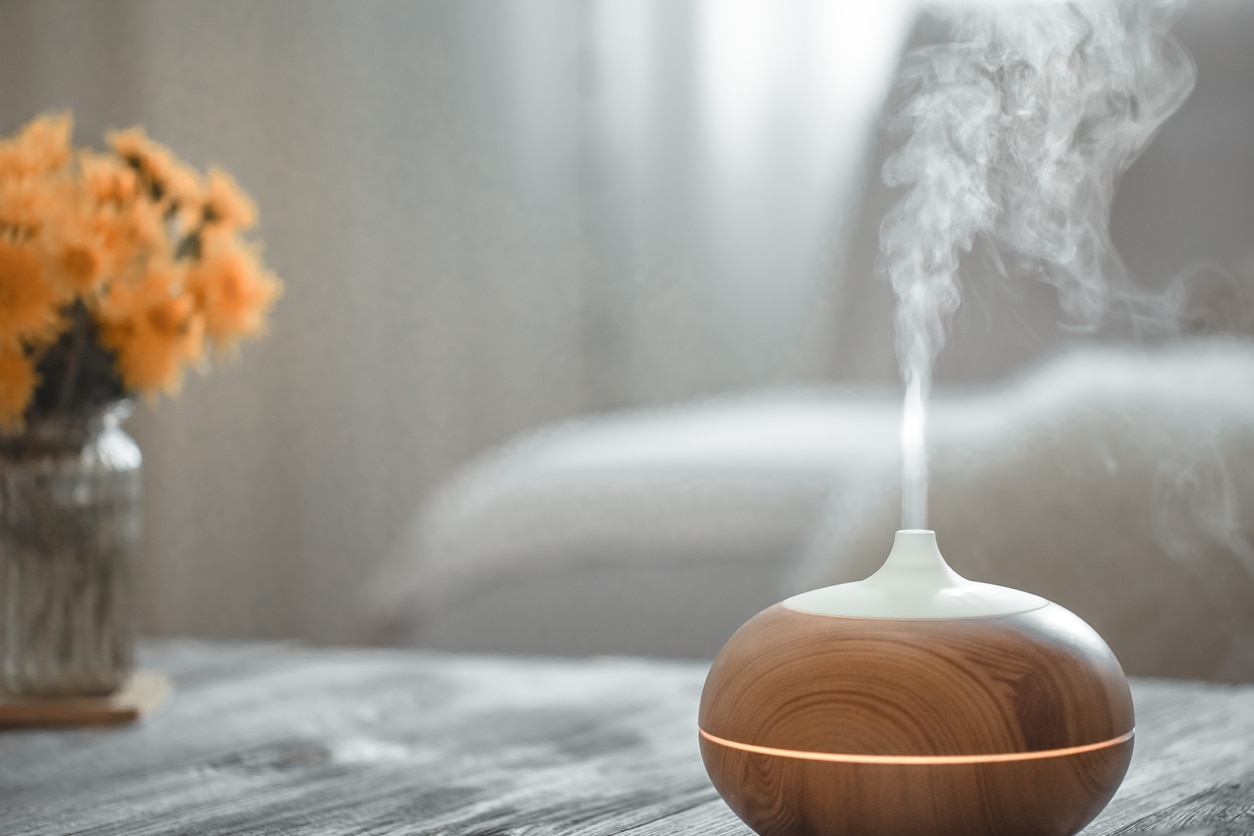A sore throat is an inflammation of the tissues in your mouth and neck, which gives a painful, dry, or scratchy feeling to the throat. Most sore throats are caused by infections or by environmental factors. Read on and find out all you need to know about sore throats and their best remedies!
Symptoms of a sore throat
Symptoms of a sore throat can vary depending on the cause. A sore throat can feel:
- scratchy
- burning
- raw
- dry
- irritated
- hurt more when you swallow or talk.
Your throat or tonsils might also look red. Signs might include:
- sore, swollen glands in your neck or jaw,
- swollen and red tonsils,
- white patches or pus on your tonsils.
Sore throats caused by a viral infection usually get better on their own in two to seven days. Yet some causes of a sore throat need to be treated. Call a doctor if you have any potentially more severe symptoms.
Home remedies for sore throat and irritation
1. Gargle with saltwater
Dissolve 1 teaspoon of salt with 1 cup of warm water and gargle every hour or two. Salt is known to kill bacteria in the throat, gargling with saltwater solution can also reduce swelling and keep the throat clean from mucus.

2. Drink extra-cold liquids

Gargling with saltwater can help sooth sore throat, but so do cold liquids, as the cold can have a local cooling effect on inflamed tissues. It may have a specific inhibitory effect on pain-sensitive nerves in the throat and act as a temporary numbing agent to ease the discomfort.
3. Honey

Honey is a time-honored remedy to soothe a sore throat. In a 2018 review in the scientific journal Molecules recognizing honey’s antioxidant, anti-inflammatory, antimicrobial, antiviral, antifungal properties. Simply mix two tablespoons of honey with a warm glass of water or tea, and drink as needed.
The Centers for Disease Control and Prevention (CDC) also recommends using honey if your sore throat is accompanied by a cough.
4. Turmeric tea

Turmeric is a powerful antioxidant and has the capacity to help in curing sore throats, swelling and cold by reducing inflammations. Purchase turmeric tea bags, or add ground turmeric to boiling water and strain it to brew yourself a turmeric tea.
5. Drink lemon water

Not only does lemon contains vitamin C, which is thought to be helpful early in some infections, lemon also has antibacterial properties, which could fight off bacterial sore throat. Drinking warm lemon water, can also increases the amount of saliva you produce to keep your mucous membranes moist, and help break the mucus and soothe your sore throat.
6. Use a humidifier

Sore throat can be developed from the dryness of the throat, caused by dry air- Exposure to dry air causes the saliva in the throat to literally evaporate, making it feel rough and scratchy. Moisten the air with a humidifier to prevent a dry throat.
7. Over-the-counter throat sprays and pain relievers
Consider using a throat spray to target the pain at the source- Anesthetic used in throat sprays, usually benzocaine, works by blocking the pain pathway. The painful and swollen tissue absorbs the liquid from the spray instantly, providing fast pain relief.
Over-the-counter painkillers are also recommended. Results from clinical trials suggest that non-steroidal anti-inflammatory drugs (NSAIDs) like ibuprofen are more effective than acetaminophen (Tylenol) at relieving throat pain. Start at low dose: 200 mg to 400 mg of ibuprofen every 6 to 8 hours. In studies, ibuprofen was found to reduce acute sore throat pain by 32% to 80% in as quickly as 2 to 4 hours.
Make sure that you check that no other sore throat medicine you’re taking interacts with the pain reliever, or that no other medication you’re taking contains ibuprofen, which is an easy way to get too much of the pain reliever.
Disclaimer: This article provides general information only and is not a substitute for professional medical advice. Consult a healthcare provider before trying any new remedy, particularly if you have an existing medical condition.











